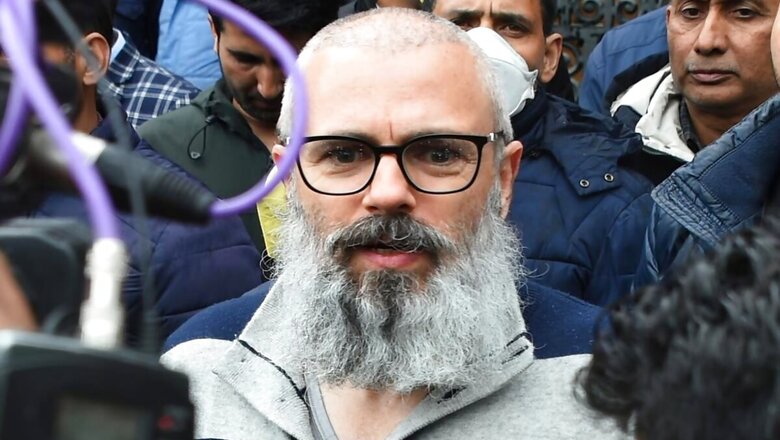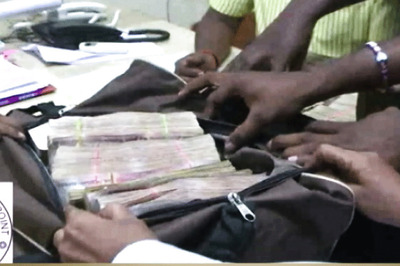Making J&K a UT Was Humiliation, Won't Contest Assembly Polls Till Statehood Restored: Omar Abdullah

views
Former Jammu and Kashmir chief minister and National Conference leader Omar Abdullah has vowed not to contest any Assembly elections till J&K remains a union territory as he hit out at the Narendra Modi government for the complete dilution of the “indispensable” Article 370 of the Constitution.
“Having been a member of the most empowered Assembly in the land and that, too, as the leader of that Assembly for six years, I simply cannot and will not be a member of a House that has been disempowered the way ours has,” Abdullah wrote for the Indian Express as the revocation of the erstwhile state’s special status nears its first anniversary.
The NC vice-president accepted that the BJP pushing through with the removal of Article 370, and with it Article 35A, was not a complete surprise, but he said was came as an absolute shock was that the state was downgraded and split into two Union Territories.
Describing the move as a humiliation heaped on the state, he said he still fails to understand the need for this move, “except to punish the people of the state”.
“If the reason for carving out a separate Union Territory for Ladakh was the public demand among the Buddhist population of the area, then the demand for a separate state for the people of Jammu is much older,” he wrote for the newspaper, adding that if it was based on religion then it ignores that Leh and Kargil are Muslim majority and the people of Kargil are vehemently opposed to the idea of being separated from J&K.
Prime Minister Narendra Modi, as well as union home minister Amit Shah, had in the days following the revocation of J&K’s special status assured that the Union Territory status was a “temporary” situation, and that full statehood would be restored at some point. However, no timeline has been given for this. The government has said it will be done at an appropriate time, when normalcy returns.
The former J&K CM further said that the dilution of Article 370 does not stand the test of basic scrutiny, and asserted that the special constitutional status enjoyed by J&K was “not a favour done to the state.”
“It formed the basis of the state’s accession to India. There was no time stamp on these safeguards. It was understood that so long as J&K remained a part of India, the special status enjoyed by it would remain,” he said.




















Comments
0 comment